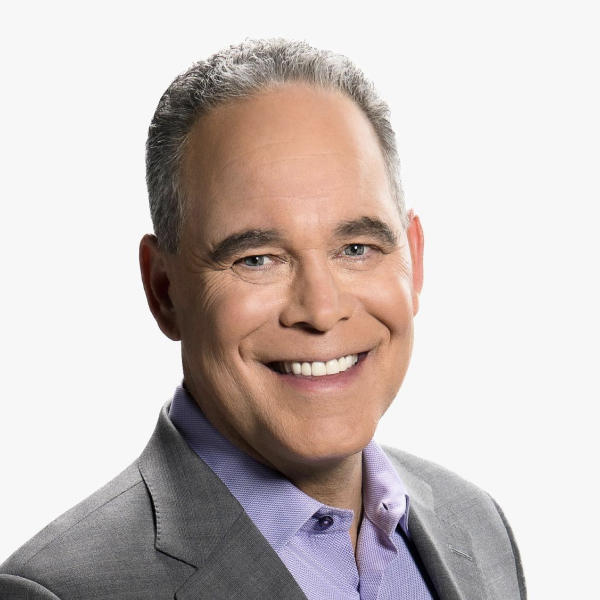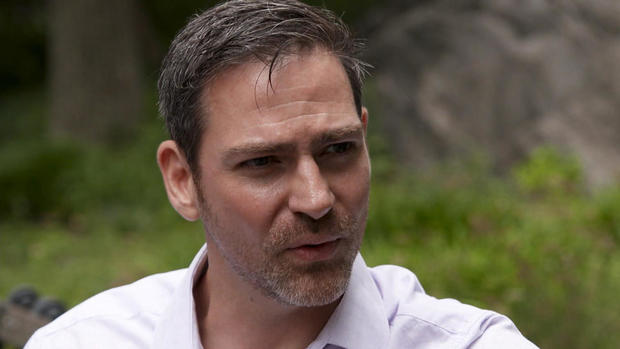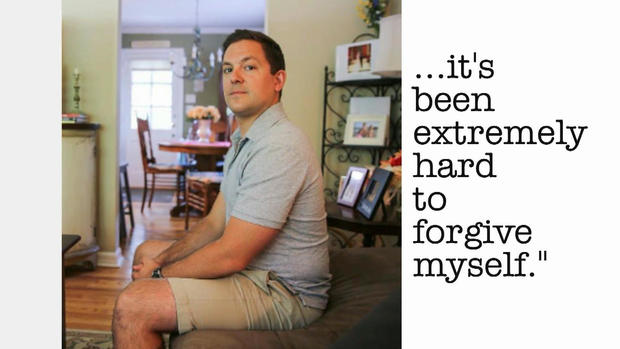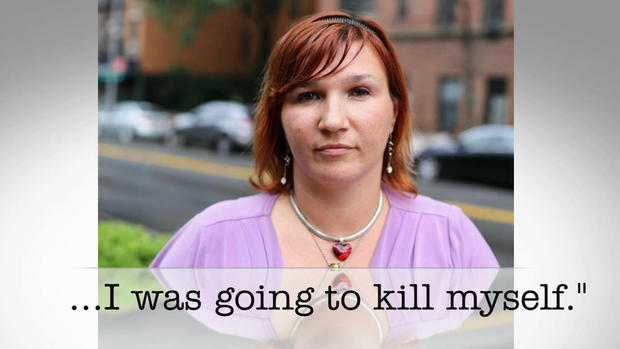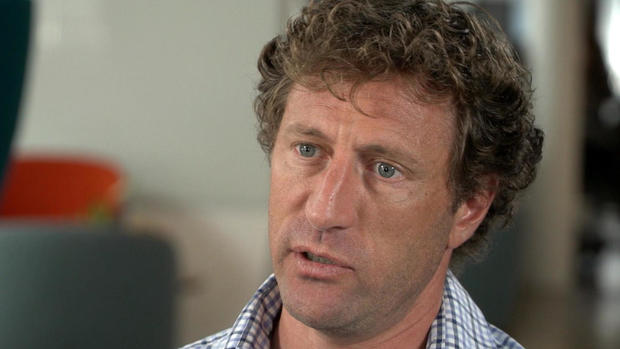Veterans share their stories to help others fight PTSD
After two tours in Iraq, after trying to drink himself past the demons that darkened his mind, and after a second member of his old platoon committed suicide, Frank Lesnefsky got help. Finally.
In his therapist’s office, he can talk about his post-traumatic stress instead of being haunted by it.
“I was immobilized,” Lesnefsky said. “It’s like being frozen, just watching time pass. It’s crazy.”
Lesnefsky, a retired Army staff sergeant, hit his own bottom and contemplated taking his own life.
In 2014, Lesnefsky found help through Headstrong, a non-profit whose mission is helping any vet who needs it deal with their hidden wounds. No cost, no wait.
Now, Lesnefsky is leading by a very public example. He is sharing his struggle with the 20 million followers of the popular blog Humans of New York.
More than a dozen stories have been published. CBS News asked a few of the bloggers to share what they posted.
Lesnefsky shared the story of how he was drawn to serving in the military, and detailed some of the horrors he witnessed in Iraq.
“There was an old man who fished in the same spot every single day. ... And one day this fifteen-year-old kid rides by on a scooter and drops a bomb behind him. ... I always honored the human form and now I’ve come to a place where the human body is shredded and stomped and blown to bits. And that just wasn’t me. I used to be jokey. I used to be goofy. I was Frank from North Scranton. And now i won’t ever be that again,” Lesnefsky wrote.
Platoon commander Chris Wilson described the burden of war-time leadership.
“’If you don’t do your job, people will die.’... Over and over, it was drilled into me that people would die if I messed up. And nine of my guys died. So it’s been extremely hard to forgive myself. ... The first guy in my company who died stepped on a bomb that was hidden under a footbridge... I can see his face right now.” Wilson wrote.
Others, like combat medic Jenny Pacanowski, detailed the battle once they arrived back home.
“For a long time after I got back, I isolated myself in a cabin and drank all the time. Then at one point I’d decided I was going to try everything possible to feel better. And if nothing worked, I was going to kill myself. God, this is harder to talk about than bombs,” Pacanowski wrote
Headstrong’s executive director, retired Marine captain Zack Iscol, teamed up with Brandon Stanton, the creator of Humans of New York, to get the word out: Recovery is possible. But you’ve got to ask for help.
“These folks are just as courageous as folks who do something physically daunting on the battlefield, because they are baring their wounds in order to help a broader community and save lives,” Iscol said.
Stanton said that struggling veterans seeing their peers describe similar hardship can help them recover.
“To sit there and watch somebody be vulnerable and possibly read their story and say, ‘you know what? I’m going thru that too. But I’m not talking about it. And I need to,’” he said.
“I can own it. I can say ‘this is who I am. This is what I’ve been through,’” Lesnefsky said. “I can tell people there’s a way out. There’s a way to get better. Why not take it?”
When you are fighting a battle where the wounds are invisible, true courage is letting others see them.
